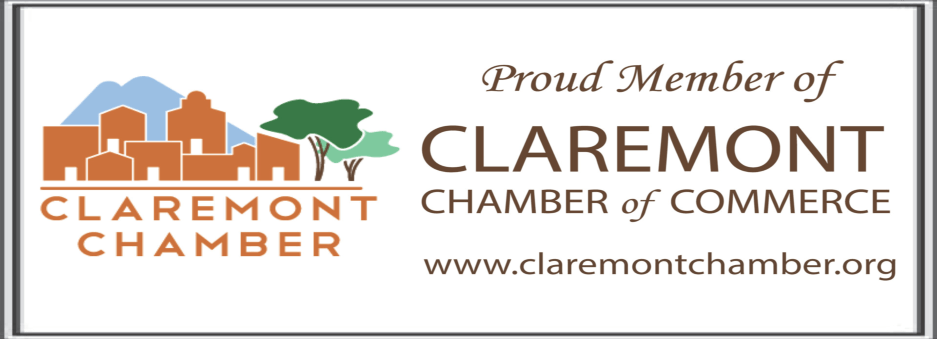Complaints, Summons and Courts | Attorney Thomas S. Carter
Getting sued or suing someone else involves an intricate series of legal procedures and detailed requirements. The process requires the skills of an experienced litigation attorney. If you have been wronged, you may have cause for legal action to recover the damages you have suffered. Similarly, if someone believes that you have caused them harm, or they believe you have caused their business to suffer, you may be the target of a lawsuit. Litigation Lawyer Thomas S. Carter has extensive experience helping individuals and businesses achieve successful outcomes through lawsuits. He also works proactively with companies to minimize the potential for future liability.
There are many types of legal disputes that could lead to a lawsuit and a court trial, including breach of contract, failure to perform, contract disputes, tort claims, employee issues, commercial leases, and more.
Below are answers to commonly asked questions about lawsuits. Call (909) 296-3360 to arrange a free consultation and discuss the specifics of your situation. You will gain a better understanding of your rights along with options on how to pursue a successful outcome.
What types of cases go to the superior court?
Lawsuits between businesses, individuals, or private parties are civil law matters. A civil law case may include business law, family law, probate matters, and all legal matters that are not criminal offenses.
Each county in California has a superior court. For example, the Superior Court of California, County of San Bernardino has jurisdiction over cases filed in San Bernardino County. The Superior Court of California, County of Los Angeles handles cases filed in Los Angeles County. Each location may see a particular type of case.
What is a Summons and Complaint?
The Summons is the legal notice that is served to the defendant, the person or business being sued. It informs the defendant of the where and when to appear in court. The Complaint is the formal document which is prepared by a plaintiff’s attorney. The Complaint outlines the wrongdoing of a defendant and requests dispute resolution from the court. Typically, a plaintiff is seeking money or trying to collect a debt. Sometimes the plaintiff requests for specific performance which, if the lawsuit is successful, will require the defendant to complete or halt something.
What length of time is given for a defendant to respond to a Summons and Complaint?
If you have been served with a Summons and Complaint, it means that you are being sued. You have thirty calendar days to respond to the lawsuit. It is critical that your response be in the proper legal format. Obtaining the assistance of an experienced litigation attorney is highly recommended. If you do not respond within the given timeframe, you may be forfeiting your rights and the plaintiff may win by default.
What happens when a case goes to the Superior Court?
In California, the trial courts are officially called Superior Courts. Civil law cases in the Superior Court of California cover a wide range of areas, including business law, probate matters, juvenile law, and family law. If your case includes criminal charges, that would be a separate case and would be tried in a different court. In Superior Court cases, the judge decides the case by applying law to the facts presented in the case.
Is there a time limit set in which to file a lawsuit?
There is a time limit in which you can file most claims. This is called the statute of limitations, and it varies depending on the type of case. Strict rules are in place for limiting the length of time legal action can be initiated. If the time has extended beyond the acceptable timeframe, the plaintiff may lose the case.
What can you do if you are getting sued?
If you have been served with a Summons, it means someone has filed a lawsuit against you and you are being sued. Look at the information on the Summons. Consult a skilled litigation attorney for advice and counsel on the best course of action for you to take moving forward.
Where are the Superior Courts located?
- Superior Court of California, County of San Bernardino
- Superior Court of California, County of Los Angeles
- Superior Court of California, County of Riverside










